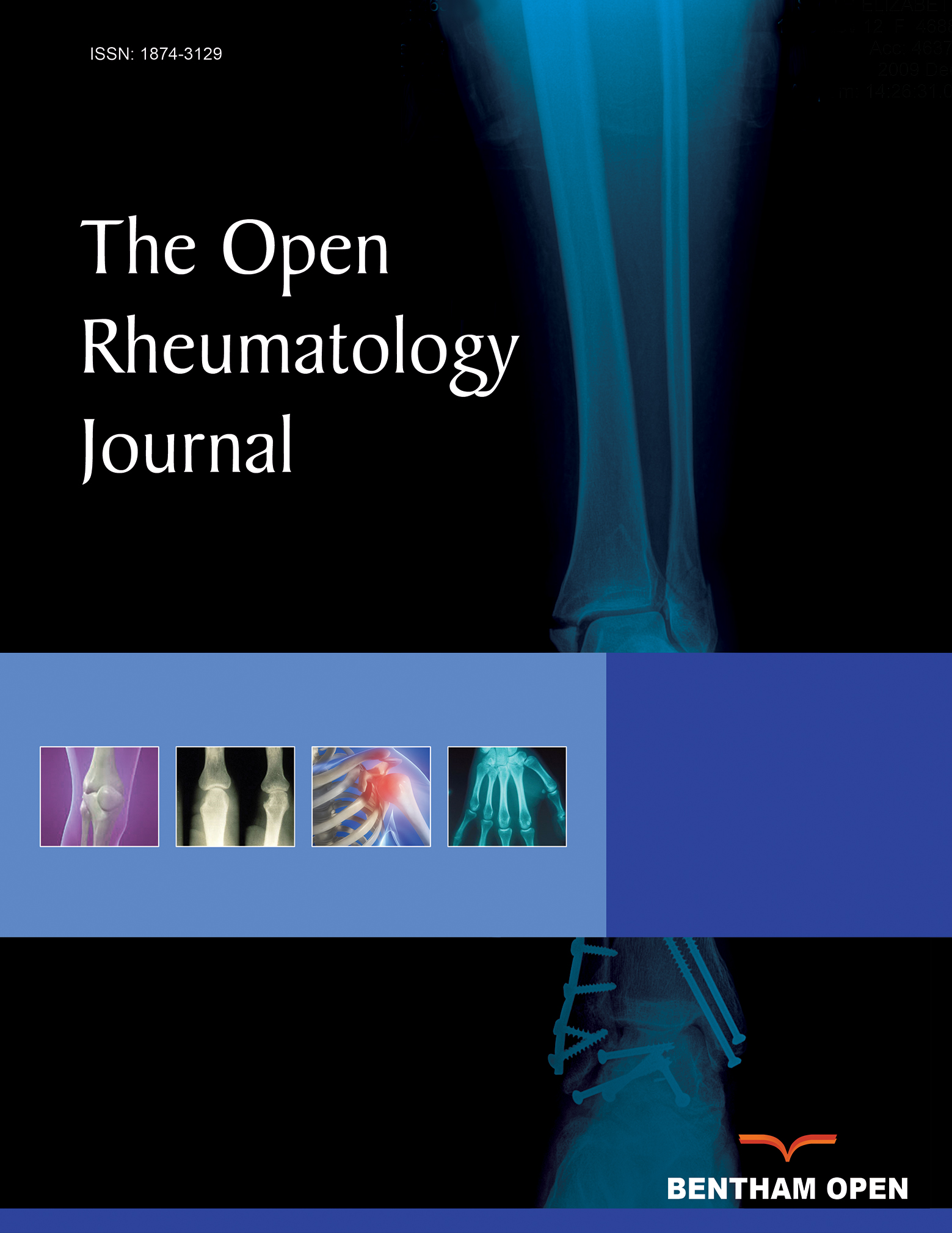All published articles of this journal are available on ScienceDirect.
Vitamin D and Anti-Phospholipid Antibody Syndrome: A Comprehensive Review
Abstract
Vitamin D is a steroid hormone that exerts a variety of biological effects that range from the well-known regulation of bone metabolism to the modulation of cellular growth, of apoptosis, and the regulation of both innate and adaptive immunity. Evidence supports a correlation between low vitamin D levels and a high risk to develop chronic inflammatory diseases including autoimmune diseases.
Anti-phospholipid antibody (aPL) syndrome (APS) is an autoimmune chronic condition characterized by recurrent arterial and/or venous thrombosis and/or obstetric complications associated with persistent aPL positivity. Secondary prevention of thrombosis is widely accepted in these patients and relies on life-long anticoagulant drugs. On the contrary, primary prevention in isolated aPL positivity in healthy carriers and treatment of obstetric manifestations in APS are still debated.
Epidemiological data have shown that vitamin D deficiency (serum levels <30 ng/ml) is frequent in APS patients and that it may be associated with an increased risk of thrombosis in these patients. Experimental data show that vitamin D is able to reduce the expression of adhesion molecules, of toll-like receptors and the secretion of proinflammatory chemokines, thus playing a protective role on endothelial activation and the subsequent development of thrombosis in APS.
Although these observations need to be confirmed in prospective studies and randomized clinical trials, it is tempting to speculate that vitamin D supplementation could be very useful for the prevention of clinical manifestations in APS patients, in particular as a primary prevention countermeasure in aPL carriers.


